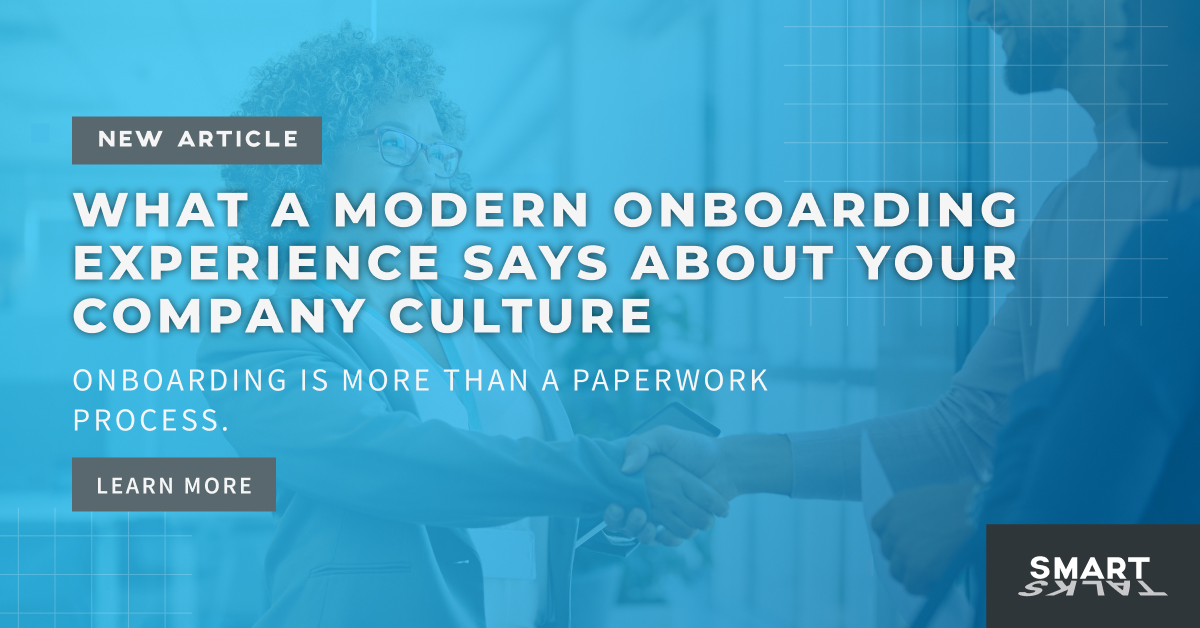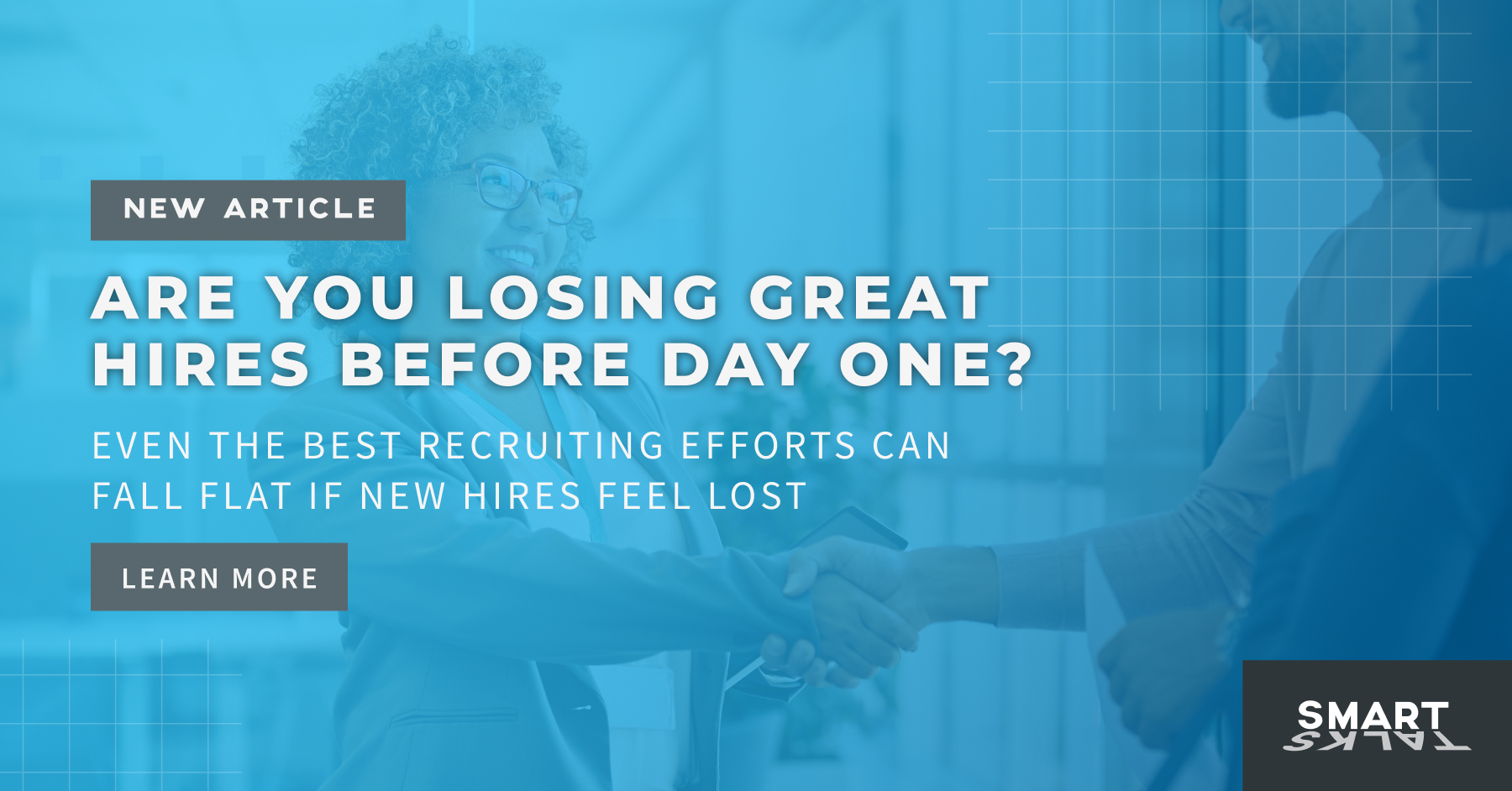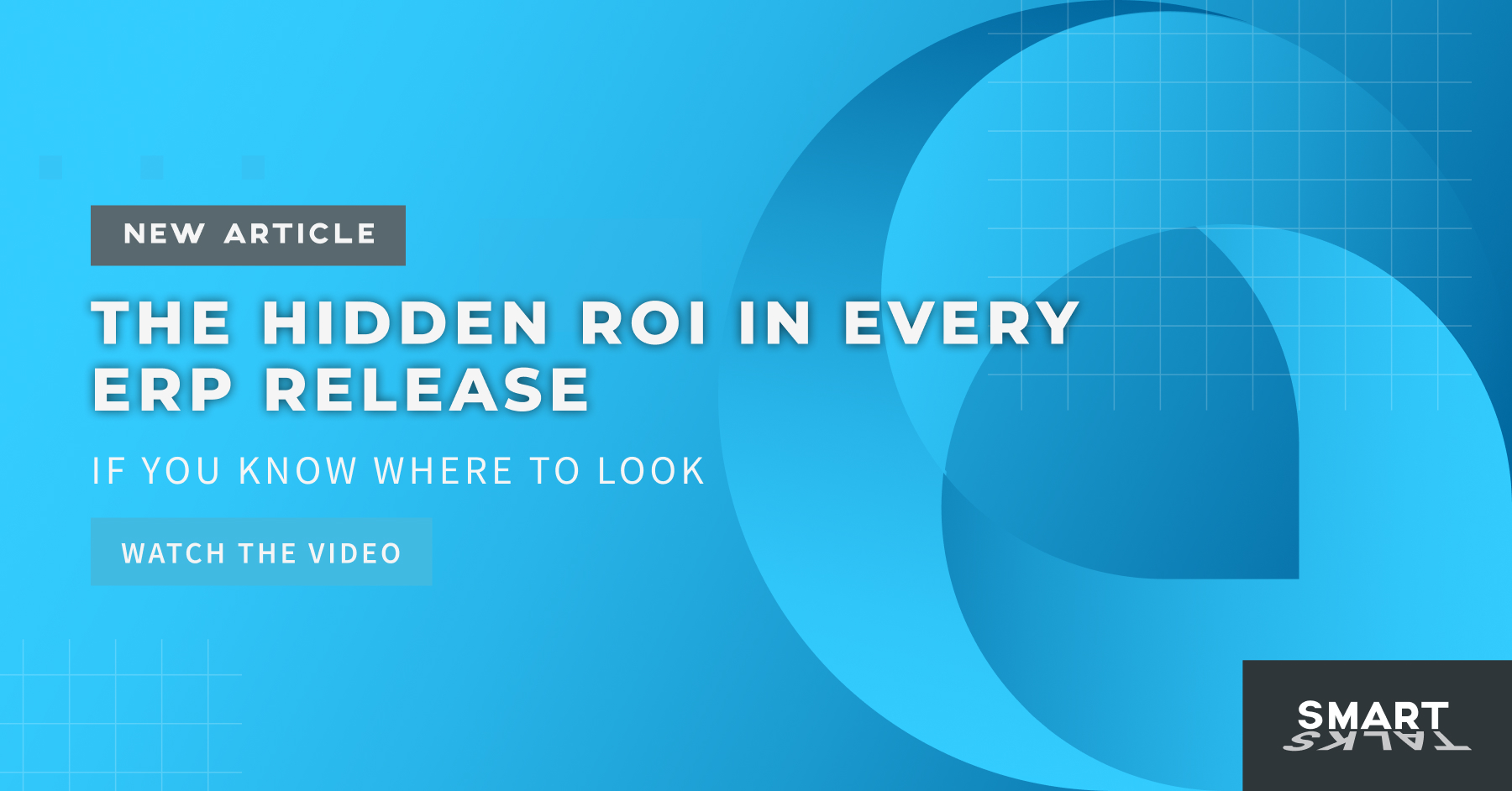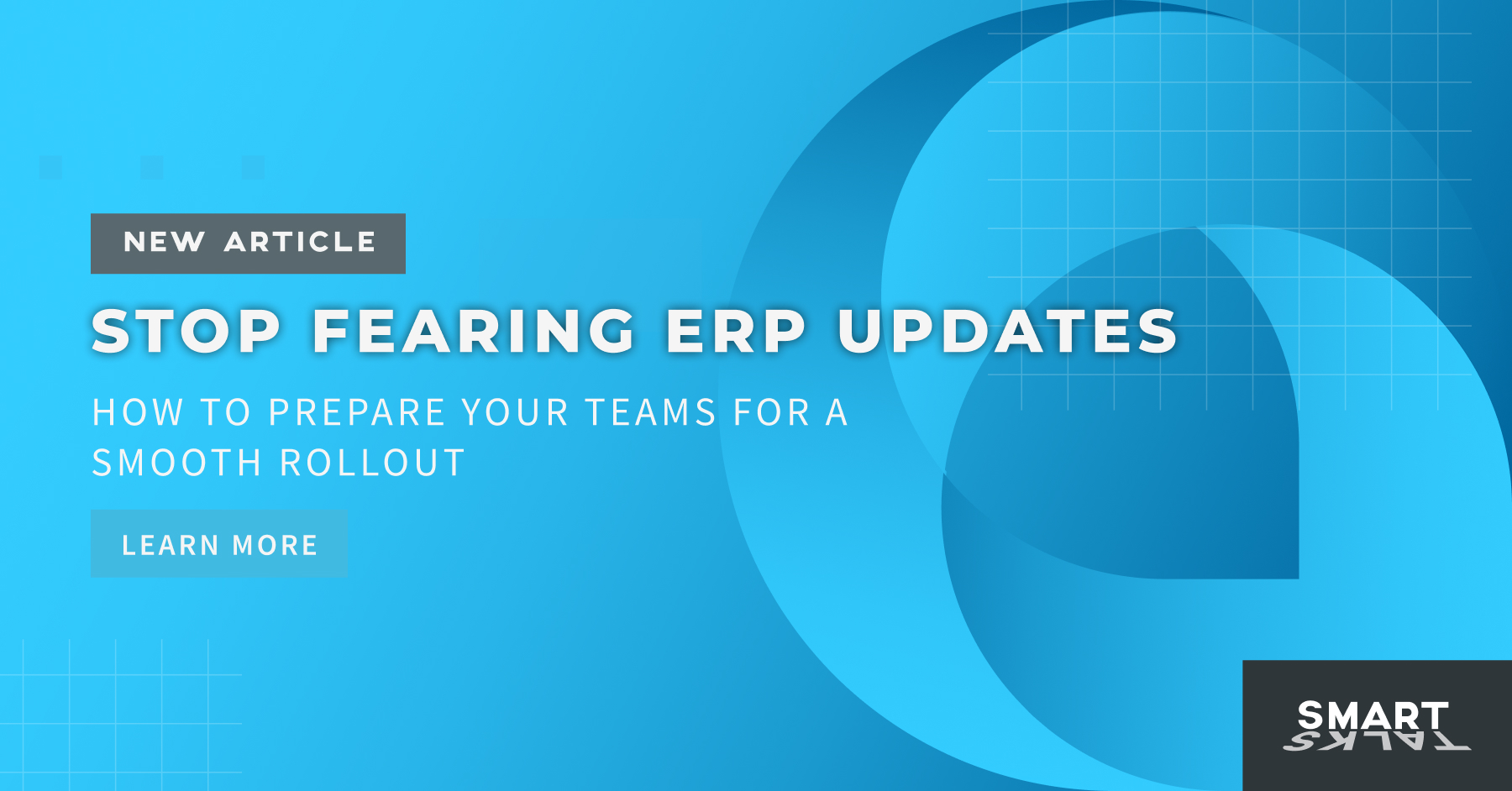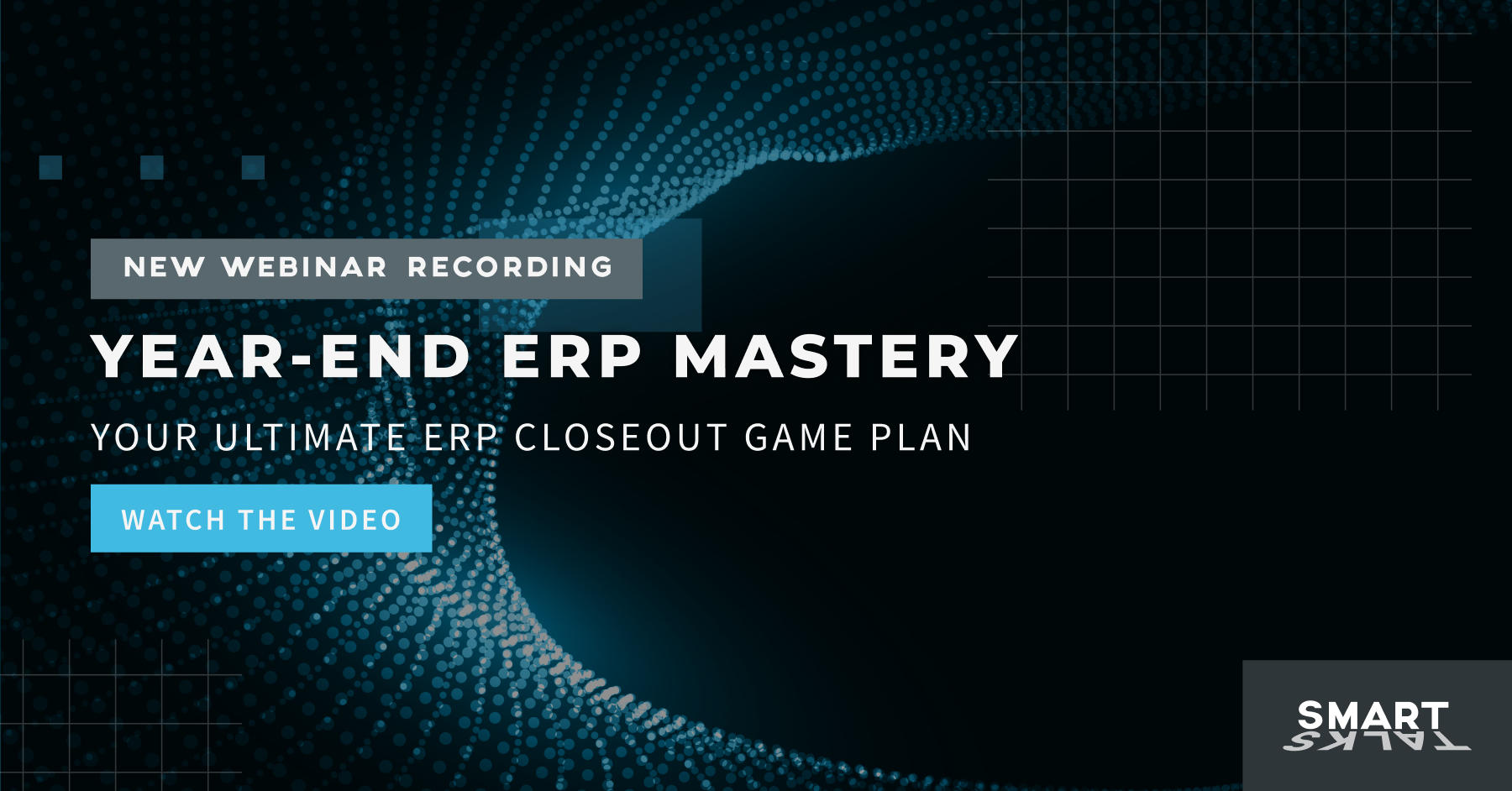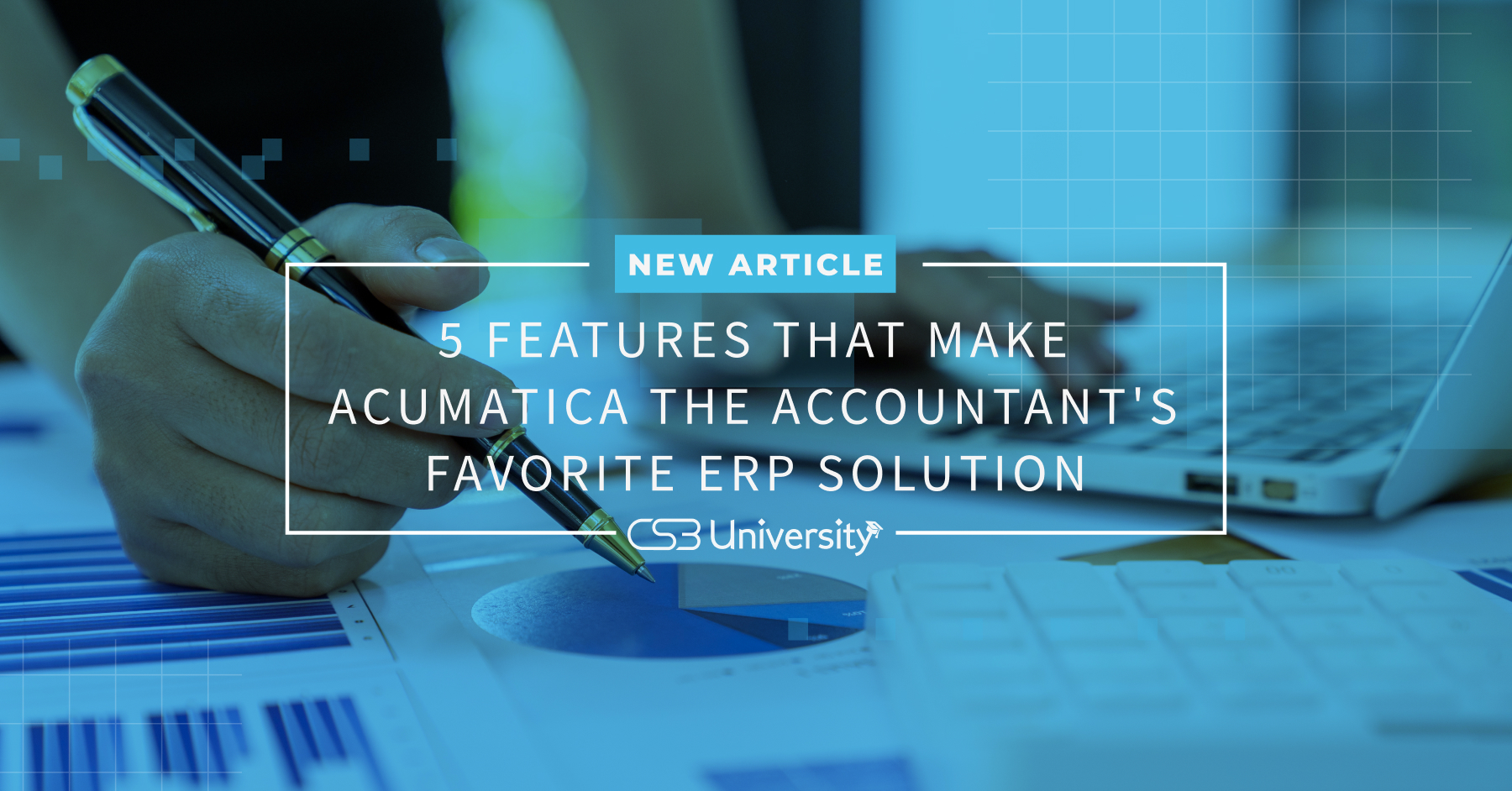Downloadable Resource
Blog
Webinar Recording
Success Story
Article
Technical Article
Video Insight
Trade Show
Webinar
Tutorial
Video Demo

Quickbooks vs. an ERP Solution for Your Growing Business
Join us on
September 10, 2019

Download Now
Event Details
Price:
$
USD
Location:
Virtual
Address:
The question many customers bring to us is what business software they need for their accounting and operations. Will QuickBooks keep them operational or do they need to consider a more robust accounting/ERP system? Can they do both (spoiler alert, not well)? Today we’re going to explore the differences between QuickBooks and ERP and how to determine what’s best for your business.
In the world of business software, few products are known more than QuickBooks. They are a well-known accounting software package that many businesses rely on for their operation. They are well-known because they have an incredibly cost-effective entry point and every business needs an accounting software (unless you feel comfortable filing taxes and other government forms from a well-maintained MS Excel workbook).
QuickBooks is, at its core, an accounting software. It is designed to help businesses manage their General ledger, Accounts Payable, Accounts Receivable, Budget, Cash management, and even some simple inventory. One of the limitations of QuickBooks, and the reason we get many customers looking for entry level accounting software with ERP functionality is that they are limited to be an accounting-only system with relatively low horsepower when it comes to common ERP features for industries like distribution, light manufacturing, and other industries. The other reason you may be looking for a system beyond QuickBooks’ functionality is because you have grown into a multi-entity or multi-currency company. At this point you are starting to move beyond QuickBooks’ functionality and need a more comprehensive accounting system.
I said earlier that it’s not advised to run your accounting in QuickBooks and your operations in a separate system. The reasoning here is that QuickBooks lacks the open integration that would allow you to maintain your business in 2 systems without either hours of manual data entry and review or expensive customizations that would need to be maintained update to update across multiple systems.
What you do next is a much bigger discussion. If you’ve outgrown your accounting system just through sheer size and financial complexity with no future plans of enhanced operational requirements, then you need a core accounting system. If your business is distribution, manufacturing, or some other industry that requires software to maintain, then you need to look at an ERP system. Here, again, we come to many paths that require further discussion. What specific operational functionality do you need? What automation makes financial sense? What reporting will you need for regulatory bodies or otherwise?
The bottom line is that there may be multiple answers and it’s up to you and your technology partner to determine the best path forward through discussions around your business today and where you want it to be. If you are not already a CS3 client but are considering this question, let us know. If you are our client and you are considering your next steps with a system, please reach out to your CS3 Consultant to discuss. Still have questions? You can find many more articles like this, and others, in our knowledge library.

